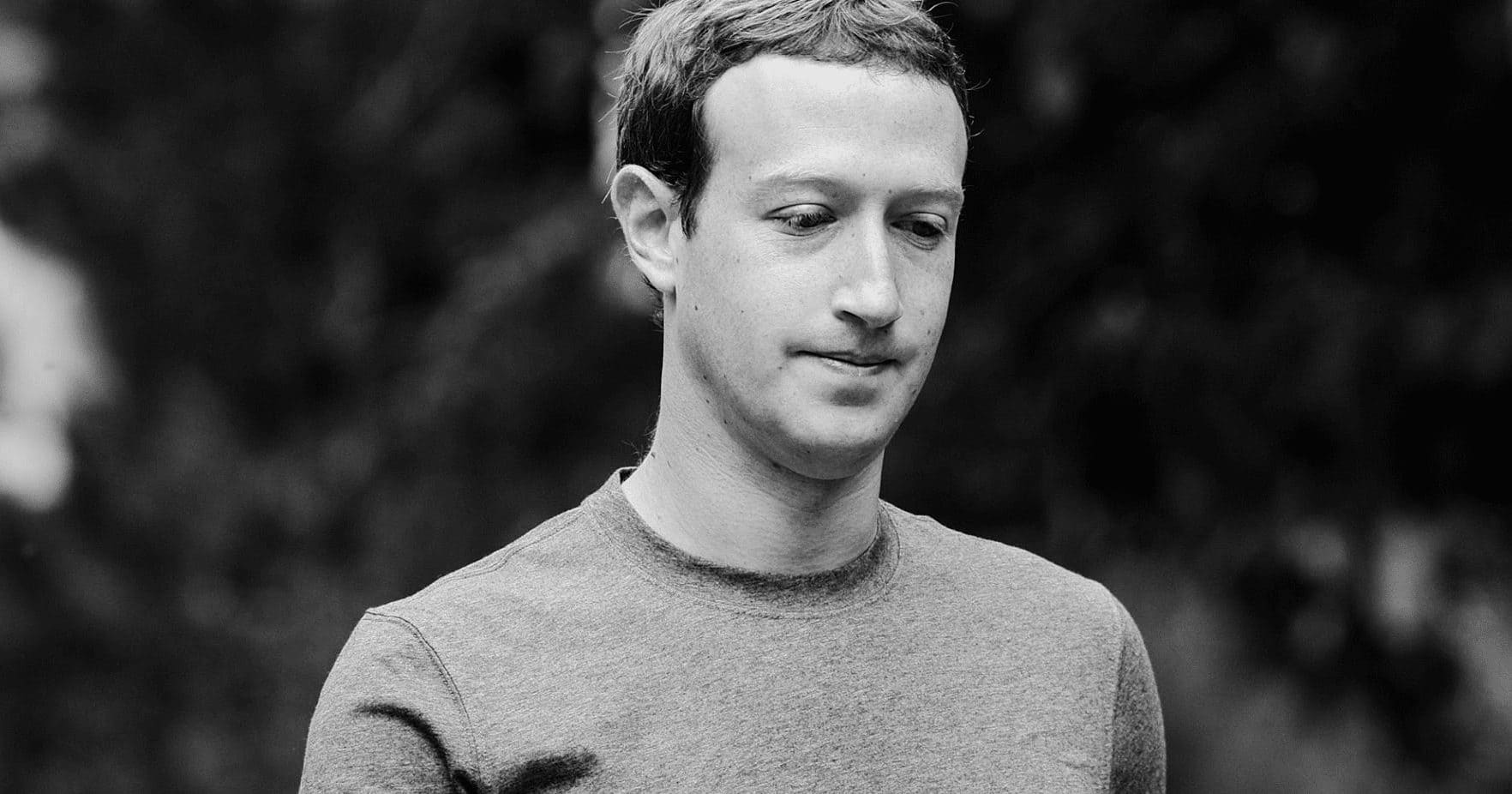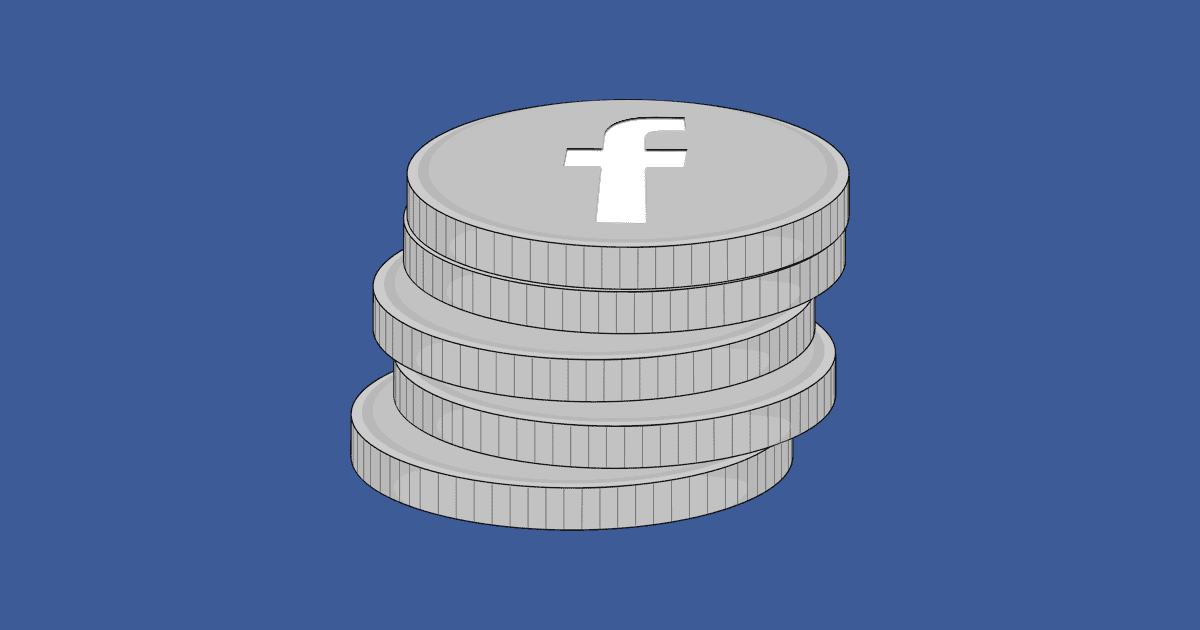Andrew Orr and Bryan Chaffin join host Kelly Guimont to discuss Security (read: Facebook) news, Apple Card id protection, and Fortnite. Extended edition brought to you by intellectual laziness.
Instagram Photos and Messages Weren’t Actually Deleted
Security researcher Saugat Pokharel found that Instagram didn’t delete his photos and messages from its servers, even though he deleted them.
Instagram Sued Over Illegal Collection of Biometric Data
Facebook-owned Instagram faces a lawsuit that accuses the company of illegally collects biometric data from users.
Facebook Meets With Advertisers Wary of iOS 14 Anti-Tracking
Representatives from Facebook have been meeting with mobile game companies concerned that iOS 14’s anti-tracking feature could affect their ad revenue.
Facebook and Microsoft Take App Store Grievances to EU
Recent grievances against Apple from Facebook and Microsoft could feed into an EU antitrust investigation into the App Store.
iOS 14 Features Could Hurt Facebook Ad Targeting
iOS 14 features like “ask to track” could hurt Facebook’s ad targeting business, said Chief Financial Officer David Wehner.
With the update to its mobile devices, Apple will ask users if they want to let app developers track their activity across other apps and websites […] The change is expected to start impacting Facebook’s advertising in the third quarter but it will have a more pronounced effect in the fourth quarter, Wehner said.
I’m sure Facebook will find other ways to track people.
Companies Like Doordash Share Your Purchases With Facebook
Thomas Smith dug into his Facebook settings and downloaded a copy of his data. In a section introduced this year called Off Facebook Activity, he found that companies like Doordash send data about your purchases to Facebook.
If you’ve bought an item on myriad e-commerce websites, made a donation to a political campaign, used any of several hundred participating apps, or, in my case, bought a wildly expensive bubble tea, there’s a good chance Facebook knows about it. What are they doing with this knowledge? Again, it’s pretty clear. It’s there so it can “show you more relevant ads,” “help you discover new businesses and brands,” and the like.
He also sounds incredibly guilty for buying bubble tea through Doordash.
Security Friday, App Store Turns Twelve – TMO Daily Observations 2020-07-10
Charlotte Henry joins host Kelly Guimont to discuss Security Friday news items and tips, and the twelfth birthday of the App Store.
Facebook Social Widgets May Be Considered Wiretaps, Court Ruling Says
In an order issued this week, the 9th Circuit Court of Appeals upheld a ruling in which Facebook social widgets may be considered wiretaps.
Team Telecom Wants FCC to Stop Part of a Undersea Cable Over China Fears
Team Telcom is calling on the FCC to cancel part of an undersea cable that links Los Angeles to Hong Kong over Chinese spying fears.
Apple Rejects Facebook Gaming App Five Times So Far
Facebook announced its gaming service in April, but a report today says that Apple has rejected Facebook Gaming five times.
Former AAPL Exec Joanna Hoffman Speaks about Anger On Facebook
Is the rise of anger on Facebook something the social media giant encourages? Former AAPL exec Joanna Hoffman is afraid it might be.
Facebook Considers Adding Face ID to Messenger Chats
Facebook’s latest experiment involves adding Face ID / Touch ID protection to Messenger chats.
When enabled, users will need to authenticate their identity using Face ID, Touch ID, or their passcode before they can view their inbox, even if their phone is already unlocked. […] The company is currently testing the new security feature among a small percentage of Messenger’s iOS users, though it could eventually be available more widely, including on Android.
I’d love to seen an option to lock any app with Face ID / Touch ID.
Facebook Helped Hack ‘Tails’ OS to Catch a Child Predator
A report today from Motherboard details how Facebook and the FBI used a zero-day exploit for privacy OS Tails to catch a child predator. The reason I’m specifically linking to it is because of this paragraph:
Facebook told Motherboard that it does not specialize in developing hacking exploits and did not want to set the expectation with law enforcement that this is something it would do regularly. Facebook says that it identified the approach that would be used but did not develop the specific exploit, and only pursued the hacking option after exhausting all other options.
That is a slippery slope argument that will be used by politicians, like how Apple does what it can to help the FBI get into terrorists’ iPhones. “But you helped them before, why not again?” More fuel on the EARN IT fire.
You Can Now Port Facebook Photos to Google
As part of the Data Transfer Project, customers can now port Facebook photos to Google Photos. Here’s where to find that option.
The 2020 Social Media Marketing Bootcamp Certification Bundle: $29.99
We have a deal on the 2020 Social Media Marketing Bootcamp Certification Bundle, a 7-course training program covering social media in general, as well as FaceBook, Instagram, Twitter, and LinkedIn. It includes 34 hours of content and hundreds of lessons, and it’s $29.99 through our deal.
The 2020 Complete Certified Facebook Marketing Masterclass: $13.99
We have a deal on the 2020 Complete Certified Facebook Marketing Masterclass. This course is designed to teach you how to develop and grow your business’s Facebook presence, identify your customers, use paid ads, and more. It’s $13.99 through our deal.
Facebook Bought Giphy. What Does That Mean for Privacy?
Facebook announced today that it’s acquiring Giphy for an alleged sum of US$400 million.
Facebook characterized the acquisition—reportedly worth $400 million—as a way to help its millions of users “better express themselves.” […] Facebook says it will not collect information specific to individual people using Giphy’s API, but it will get valuable data about usage patterns across the web.
I definitely don’t believe them when they say that won’t collect individual data. That is Facebook’s raison d’être. This is exactly like its usage of the Onavo VPN spyware: Collect data on how people use GIFs everywhere, especially on competitor’s platforms. Mark Zuckerberg is furiously trying to beat Snapchat into submission. They rejected him once and he’s been out for blood ever since. GIFs may sound like a stretch when it comes to data collection, but keep in mind that web beacons exist.
Security Friday, Animal Crossing – TMO Daily Observations 2020-05-08
Andrew Orr joins host Kelly Guimont for a Security Friday News Roundup of items, and then a discussion of Nintendo’s new Animal Crossing game.
Facebook Removes ‘Pseudoscience’ Category for Targeted Ads
Facebook is no longer allowing advertisers to use pseudoscience as a category with which to target people.
The company eliminated the pseudoscience category from its “detailed targeting” list on Wednesday, the spokeswoman said by phone, after tech news site The Markup showed that it could advertise a post targeting people interested in pseudoscience.
The Markup demonstrated that Facebook was allowing such ads after saying it would police COVID-19 misinformation on its platform. More than 78 million Facebook users were interested in “pseudoscience,” it said, citing Facebook’s ad portal.
Good to see Facebook doing this. Now we just need YouTube to stop recommending conspiracy videos.
Facebook Publishes First COVID-19 Maps
Facebook has released the first maps built using COVID-19 data collected from a survey distributed across the social network.
Facebook Scales Back Libra, Ties it to Fiat Currency
Facebook is scaling back its cryptocurrency project ‘Libra.’ Instead of trying to become the dominant global financial system, its new goals are less ambitious. Instead it will work as a layer on top of traditional fiat currency, much like Apple Pay.
The Libra Association said it had begun the process of getting regulatory approval for the payment network from the Swiss Financial Markets Supervisory Authority. To ensure that authorities around the world are on board, the Swiss agency is working with a “college” of regulators from over 20 countries. The association said it still aimed to bring the system live this year.
A good move by Facebook, in part because there was always going to be strong opposition to Libra. You might work with the government in some aspects, but you don’t mess with its money. And ultimately it’s still a way to compete with the likes of PayPal, Google Pay, and Apple Pay.c
Facebook Tried to Buy a Hacking Tool to Spy on iPhone Users
According to court filings, when Facebook was in the early stages of building its spyware VPN called Onavo Protect, it noticed that it wasn’t as effective on Apple devices as it was on Android. So Facebook approached a hacking group called NSO Group to use its Pegasus malware.
According to the court documents, it seems the Facebook representatives were not interested in buying parts of Pegasus as a hacking tool to remotely break into phones, but more as a way to more effectively monitor phones of users who had already installed Onavo.
Security Friday, Kernel Extensions – TMO Daily Observations 2020-03-27
Dave Hamilton and Andrew Orr join host Kelly Guimont to discuss Security Friday news, and the new kernel extension alert popping up in the latest MacOS 10.15 update.













